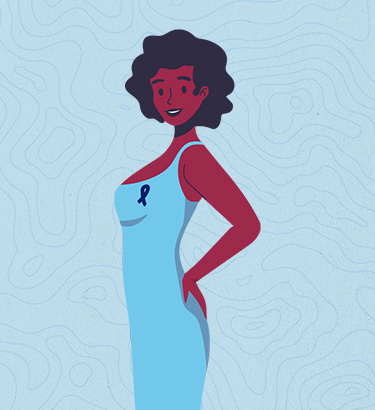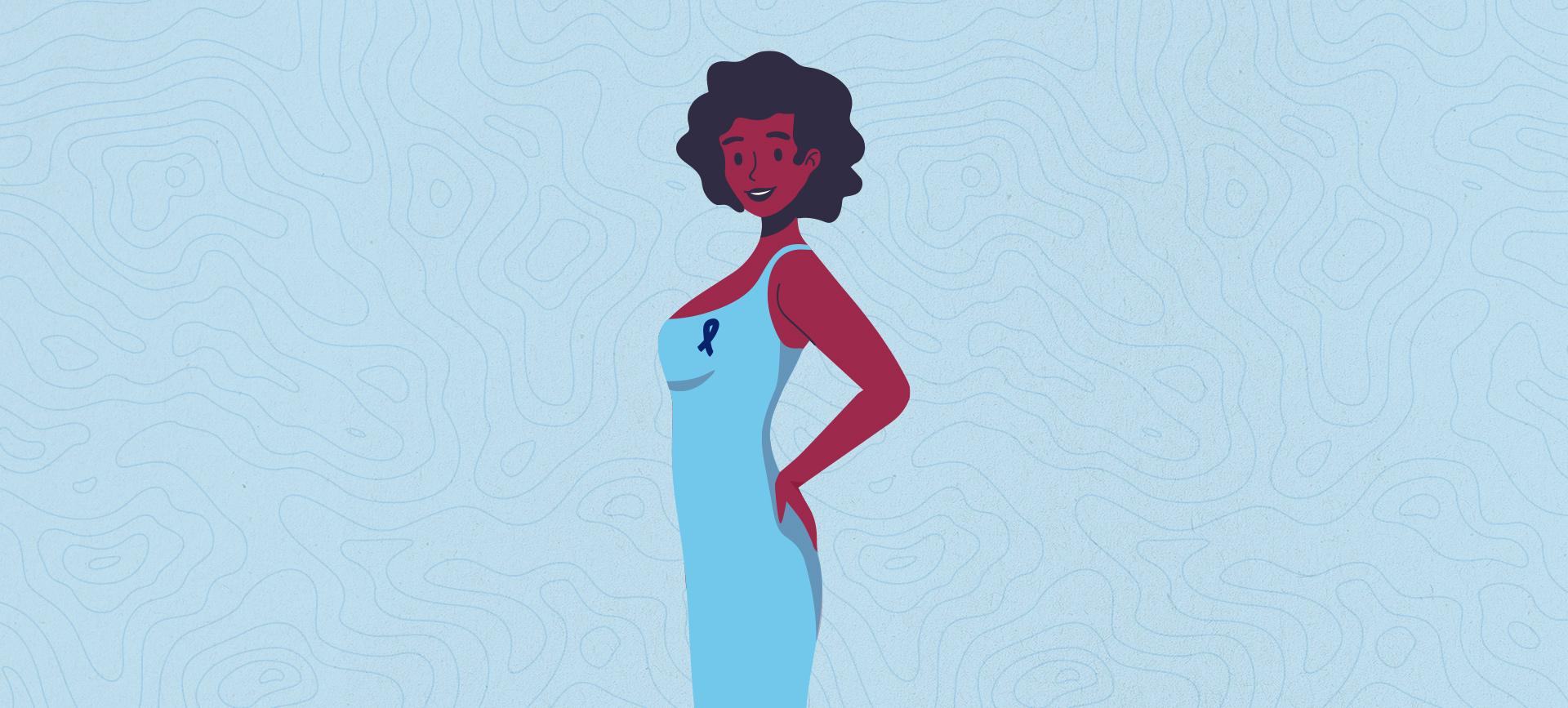On a warm summer day, my husband, Nick, and I were giggling like two high school kids about something I can't remember now. It doesn't really matter, because we were just passing the time until the doctor who had performed my colonoscopy returned.
A somber-looking man dressed in scrubs entered our room. His solemn demeanor remained constant as he stared at me and said, "I am sorry to tell you, but we found a fist-sized tumor in your sigmoid colon and it's malignant…"
The colors in the room changed. It was as if a pink film tinted my eyes.
Colon cancer.
From that moment, the room and the world looked completely different.
My anesthesia-induced giggliness was gone instantly, replaced with dread, knowingness and fear.
"So, you're saying I have cancer?" I replied to the doctor. He nodded yes.
Then, as tears began to well up in our eyes—mine and Nick's—the doctor quickly excused himself from the room. We were left alone with the uncertainty of such a dire diagnosis, or the Big C, as I called it.
On the ride home, I made a decision: No matter the prognosis, I would kick cancer's butt!
Even so, I was plagued by another decision I had to make: to go public or not with my battle. I chose yes. With the help of Facebook, I was able to share my stage 2A diagnosis—and, more importantly, my intention to heal—with a multitude of people.










